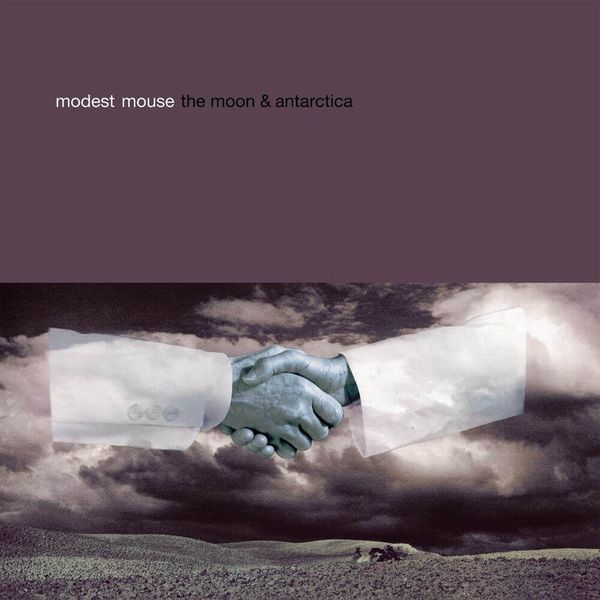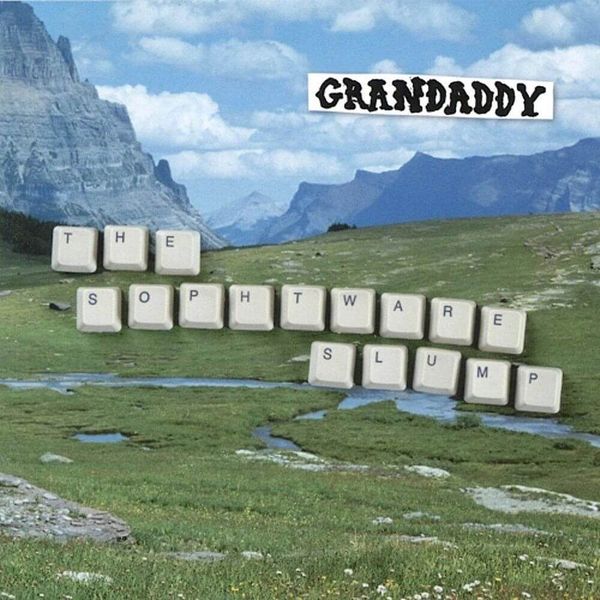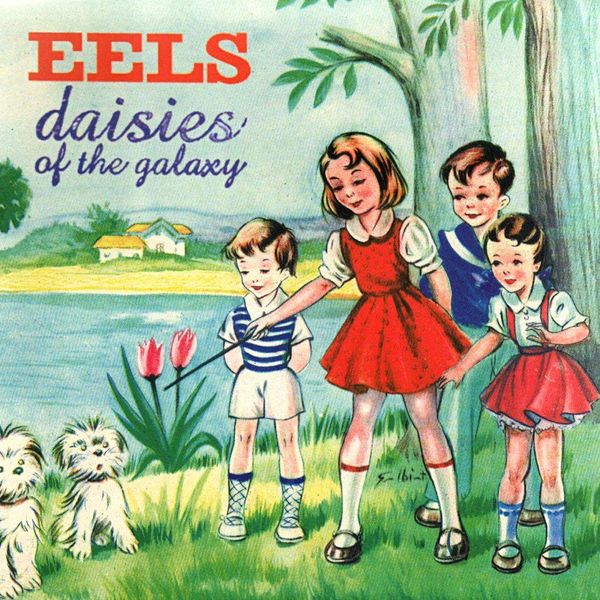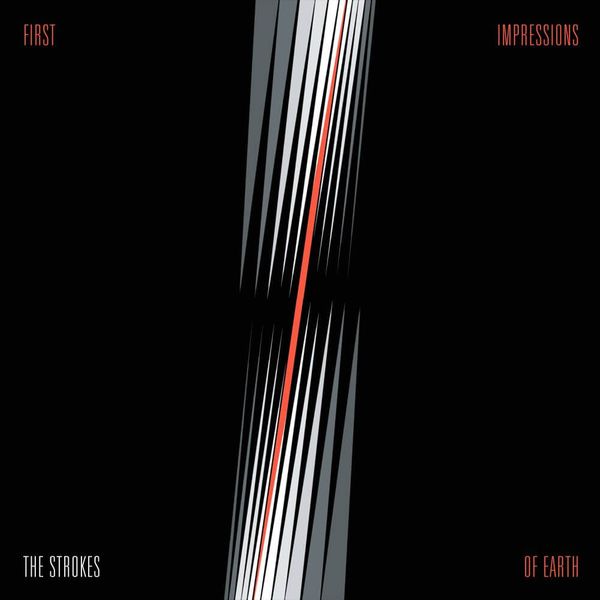Gabriel
Foals first came to my attention (and many others) in 2007 with a track called “Hummer”. They emerged into a scene that was oversaturated with bad haircuts and bedroom guitar playing, but still managed to bring something fresh. From the get go they were on track to be the sound of early 2000’s youth. Not least of all because many of their tracks soundtracked the then popular TV show Skins. Thankfully, Skins has all but left us. However, Foals have not, and their now fairly prolific discography may not have been possible without a solid start from their debut Antidotes.
Antidotes is tetchy, raucous and at times soothing. Tracks like “The French Open” exemplify this perfectly. The math rock influences rattle throughout the album, everything from the guitar to the simple lyrics hold rhythm at their very essence. Each note and sound snaps back and over each other like plucking an ever tightened string. Whilst this methodical approach has danger of being a novelty, Foals manage to keep things interesting not only throughout the record but within the songs themselves.
“Heavy Water” stands out in this regard. It opens with a heavily reverbed riff from the main guitar, emulating what can only be describes as drops of water over something still and unmoving. However, the track ends with one of the loudest sounds on the whole album. It turns almost orchestral with the perfectly accompanied lo-fi synthesised brass sounds. Antidotes certainly deserves more than one listen. There are layers of syncopation here than can keep you coming back. What it lacks is lyricism. It is worth noting than in later records, Yannis’ vocals take point in a much bigger way than they do here.
However, maybe the lyrics aren’t what’s important in Antidotes, maybe they act as another layer of instrumentation. Antidotes managed to present a sound that was unfamiliar to most and fill it with raunchy riffs and rhythm. It is certainly a standout record for its time, and one that is worthy of your attention.
8 out of 10
Fred
Fidgety, kooky math rock reigns supreme in Foals’ debut, and it does so with such openness and colour that I like it in spite of myself. Indie music in this vein doesn’t usually please me, to put it mildly, but there’s enough going on under the hood for Antidotes to command at least bemused attention at any given time. The blend of shoutsinging, scraggly guitars, and tourette-style drumming amounts to a respectable indie highlight reel. Weirdness for weirdness sake comes off as obnoxious, but Foals just about steer clear of that.
Opener “The French Open” lays out the album’s stall splendidly, toing and froing across horn arrangements with all the grace of a Parisian falling off his bicycle. “Cassius” follows up sounding like a chase scene in skinny jeans, and things continue from there as you’d expect. David Sitek’s production throughout offers much needed depth and space to balance the off-kilter, intricate instrumentals. My personal highlights aside from the opener — “Electric Bloom” and “Olympic Airways” — are a little murkier, leaving room for the guitar to play, and more of that weight would have been welcome, though I hesitate to suggest way in which the album could have been ‘better.’ Antidotes is resolutely what it is: sincerely odd.
As a beginning-to-end listen Antidotes is lacking. The album weaves a distinctive sound, but it’s quite rare for the tracks themselves to feel distinct from each other. The novelty of what’s happening is what keeps boredom at bay towards the end. In all it reminds me of a Michelin star kind of meal, where it’s a dollop of something with a leaf on top and a wavy line of sauce on the side. It’s all very creative and carefully made. It may even taste good. It’s just not going to fill you up. So long as that’s not what you’re expecting, all is well — enjoy the sensory splash.
7 out of 10
Andrew
Foals sat apart from their contemporaries with their debut. While it’s easy to tell that the likes of Bloc Party and The Maccabees were cut from a similar cloth, Foals leaned into their restless, agitated, math-rock roots and carved out a niche in the mainstream indie rock of the time.
The result is an album that has a distinctive, angsty vibe throughout, from the initial competing horns of the opener to the minor twinkling of the closer’s end. Among my most memorable moments is “Big Big Love (Fig .2)”, with its notably softer guitar melodies and focus on interplaying rhythms that build into a warm bed for Yannis Philippakis’ usual melancholic vocal. “Two Steps, Twice” is another favourite, falling over itself with its surging rhythms before pulling right back into a galloping climax in the final quarter.
I could easily wax lyrical about “Cassius”, “Like Swimming” and “Red Socks Pugie” too which are all among my highlights. However, Antidotes does suffer a little from a homogeneity despite the distinctive sound the album carries as a whole. I often find myself a bit lost towards the end, unsure of exactly which track I’m listening to as they begin to sound more similar which is further compounded by the lack of an obvious arc across the tracklist. It’s by no means a deal breaker though nor does it detract from the genuinely enjoyable moments to be found throughout.
As the band have matured in the decade since this debut, they’ve developed a more accessible sound, but Antidotes gleans a certain fondness thanks to its hyperactive guitars and twitchy drum beats that revel in a bit of quirk and angst. It’s indie rock through and through but it’ll likely stick with listeners longer than a good deal of music from the time.
7 out of 10



